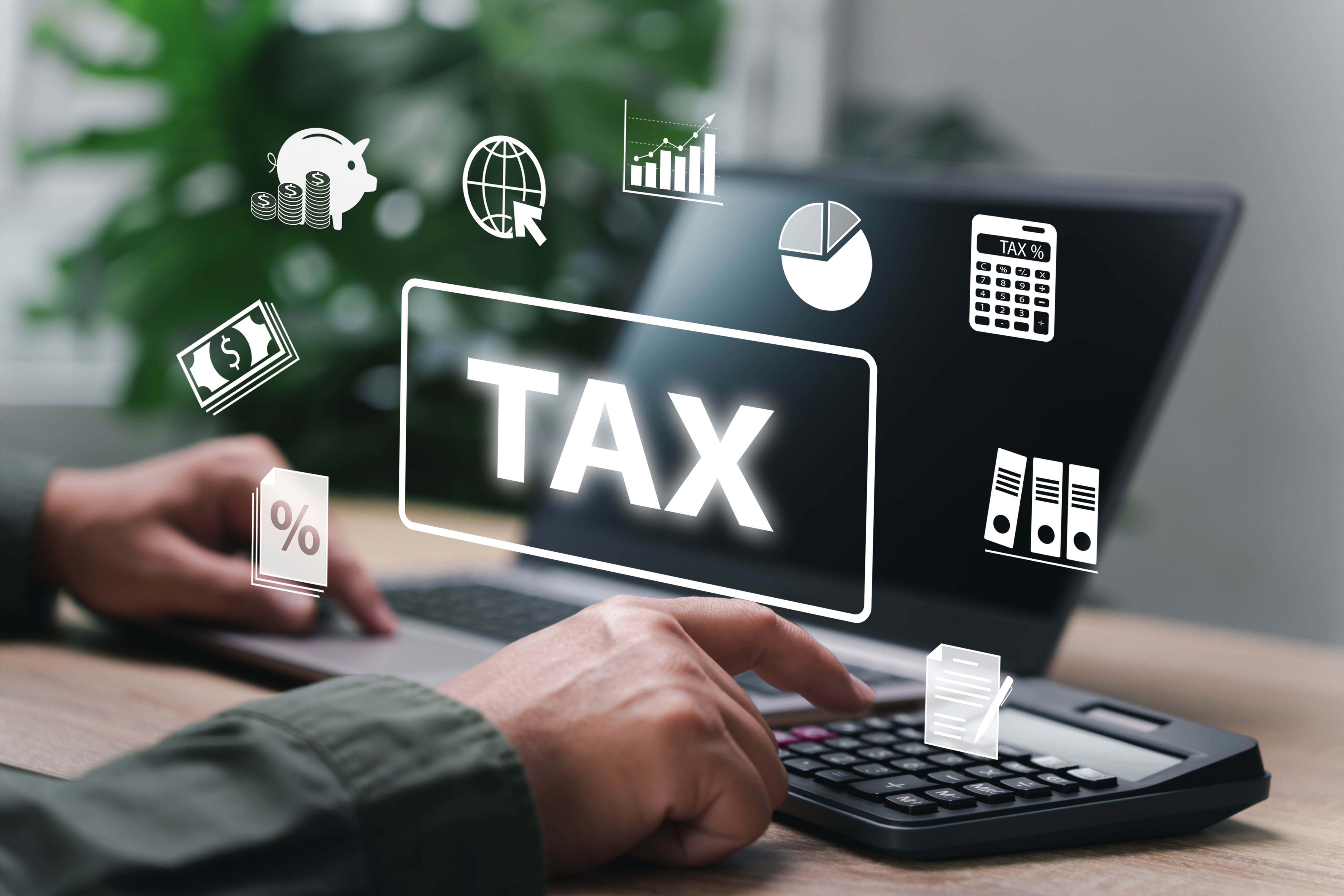In complex global business environment, companies are increasingly turning to artificial intelligence (AI) to optimize their tax strategies. While all tax planning must remain within legal boundaries, AI is transforming corporate tax planning and offering advanced tools to identify legitimate tax efficiencies that human tax professionals might overlook.
Key Ways AI Helps Companies Reduce Tax Burdens
- Tax Planning and Optimization
AI systems analyze financial data to uncover tax-saving opportunities, identifying deductible expenses, optimal depreciation strategies, and available tax credits. These tools can forecast future tax liabilities and recommend strategic timing for investments or asset sales to minimize taxes.
- Automated Compliance and Risk Management
AI continuously monitors evolving tax regulations, automatically adjusting tax strategies to maintain compliance. These systems detect potential risks like incorrect filings or underreported income, significantly reducing audit probability and potential penalties.
- Real-Time Tax Code Analysis
For companies operating across multiple jurisdictions, AI processes vast amounts of complex tax regulations efficiently. Using Natural Language Processing (NLP), these systems extract and apply relevant tax rules to transactions instantly, simplifying international tax compliance.
- Smart Tax Filing and Automation
AI streamlines the labor-intensive tax filing process through automated data entry, error reduction, and accelerated processing. These systems identify inconsistencies before submission, suggesting corrections that prevent audit-triggering errors.
- Transfer Pricing Optimization
Multinational corporations leverage AI to analyze market conditions and historical pricing data, establishing tax-efficient pricing structures for intercompany transactions while maintaining regulatory compliance
- Predictive Audit Detection
AI enhances tax compliance for businesses by ensuring accurate record-keeping, helps tax professionals in swiftly retrieving essential documents during audits, and strengthening the reliability of financial data. It minimizes operational disruptions, optimizes the audit process, and establishes a transparent, easily traceable digital record, improving efficiency and facilitating dispute resolution. Additionally, by analyzing historical audit patterns, AI helps businesses identify potential audit triggers, enabling them to proactively refine their reporting and documentation practices to mitigate audit risks.
- VAT and Indirect Tax Optimization
AI systems enhance the management of complex indirect taxes such as VAT, GST, and sales tax, by ensuring accurate calculations and timely filings. These tools also identify opportunities for VAT recovery and applicable exemptions, helping businesses optimize their indirect tax positions.
- Expense and Deduction Tracking
AI-powered accounting tools automate the categorization of expenses, identify eligible tax deductions, and extract tax-relevant information from invoices and receipts. These tools improve reporting accuracy and ensure that businesses can fully maximize their deductions.
AI is transforming corporate tax planning from a retrospective compliance function to a proactive strategic advantage.
While companies must ensure that their tax strategies remain legally and ethically sound, AI offers unprecedented capabilities to identify legitimate tax efficiencies in complex global business environments.
As tax authorities also adopt AI tools for enforcement, the future will likely involve a balance of optimization and compliance, with AI playing a central role in both sides of the equation.
Although AI offers significant advancements in automating tax processes, the role of tax professionals remains indispensable. They are essential for interpreting AI-generated insights, making strategic decisions, and ensuring compliance with local laws.
Moreover, challenges such as data privacy, ethical considerations, and regulatory acceptance must be carefully managed to ensure the responsible and effective integration of AI into tax optimization and compliance.


























